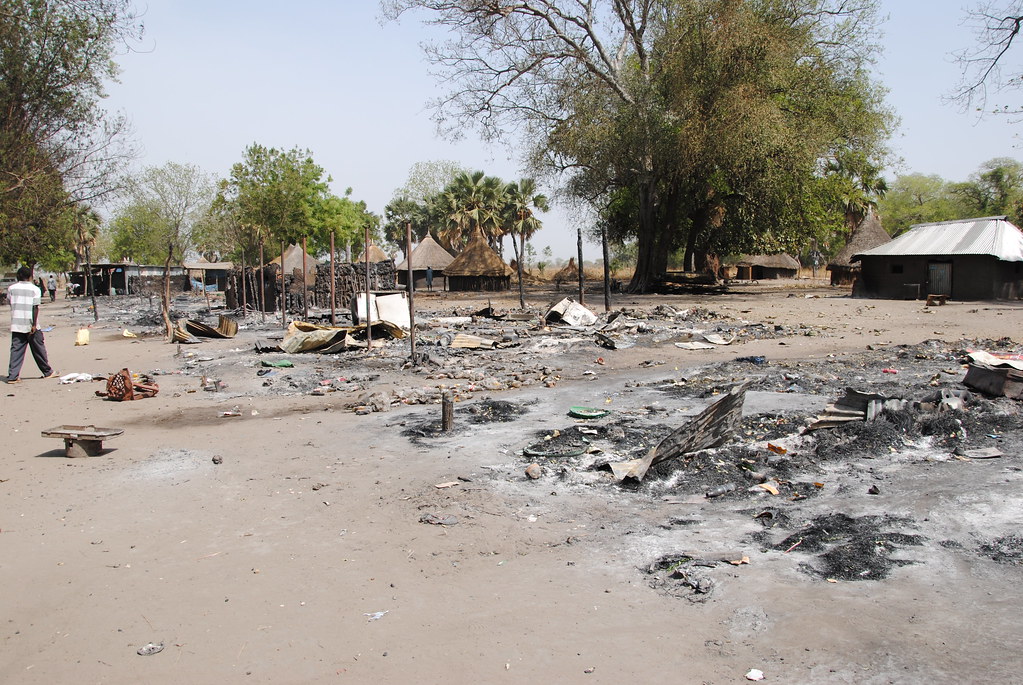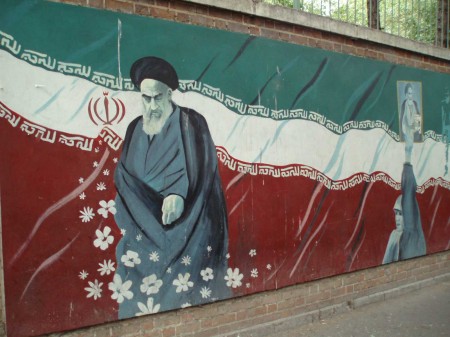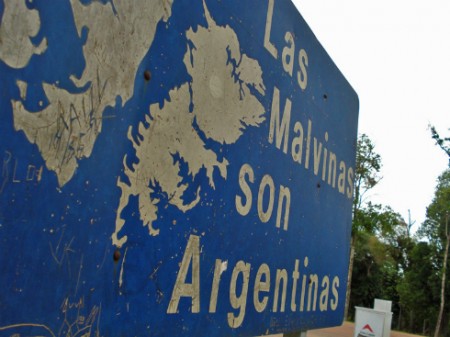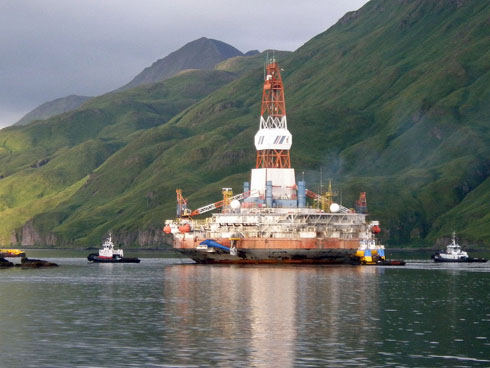
This article was originally published May 5 2014, by New Security Beat, the blog of the Environmental Change and Security Program (ECSP) at the Wilson Center.
Outside of donor and humanitarian aid, South Sudan’s economy is almost entirely dependent on the oil sector – and that sector is in crisis.
After a unilateral shutdown of the industry by the government in January 2012 that lasted 15 months, and ongoing partial shutdowns due to internal conflict, not only are current oil revenues drying up, but the prospects for new investment have been nearly destroyed.
As a result, demands on the donor community will grow rather than tail off in coming years. However, looking further afield, and if geology allows, a reformed South Sudan has the potential to turn what has until now been a developmentally detrimental oil industry – generating the finance and providing incentives for violent conflict – into one that generates positive change for its war-torn people.




